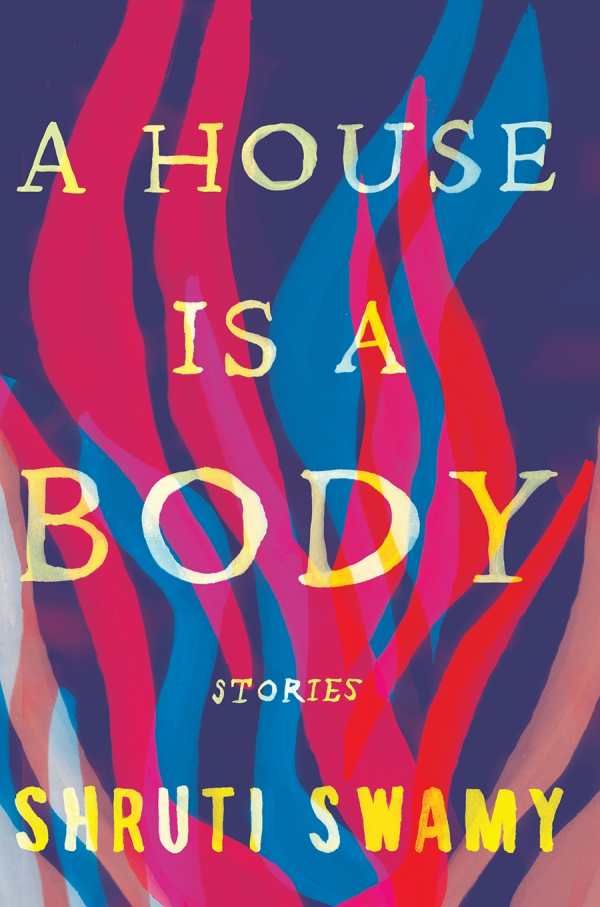A House Is a Body
Stories
Powered by intense imagery and jolts of frank sexuality, Shruti Swamy’s A House Is a Body blurs the line between fantastical and naturalistic storytelling with its tales of love, loss, and life lived across cultures.
“Blindness” sets the tone: a married woman imagines forking destinies for herself and her family as visions of death and alternate lives shift and shape her story. “Mourners” is another delicate, incisive family drama; in it, a widower and his wife’s sister discover an unusual connection through their shared grief.
In “My Brother at the Station,” a traumatic childhood incident bleeds into the present as a sister comes upon her estranged brother. In “Wedding Season,” two lesbian lovers attend a relative’s wedding in India, leading to the melancholic realization that they will never enjoy a traditional marriage celebration or family acceptance of their relationship.
The stories easily shift between continents and cultures. “The Siege” takes on mythological overtones, chronicling destructive battles between gods, even as a gentle message of feminine solidarity emerges. In “Earthly Pleasures,” the collection’s centerpiece story, absurdity mixes with bittersweet epiphanies as a dissatisfied Indian American artist befriends the god Krishna, who prefers to lounge around in jeans and give her the third degree on why her life is such a mess. In other pieces, including “The Neighbors” and “The House Is a Body,” seemingly placid suburban lives are upended by unexpected emotional revelations and environmental calamities.
Throughout, Swamy’s sensuous style illuminates her characters’ thoughts and actions, easily accommodating a wide range of moods, from understated tragedy to more surreal flights of fancy. Just like the loyal housedog and cobra who duel in the concluding, fable-like “Night Garden,” Swamy dances on the boundaries between life and death, and between ennui and irrevocable change, with mesmerizing results.
Reviewed by
Ho Lin
Disclosure: This article is not an endorsement, but a review. The publisher of this book provided free copies of the book to have their book reviewed by a professional reviewer. No fee was paid by the publisher for this review. Foreword Reviews only recommends books that we love. Foreword Magazine, Inc. is disclosing this in accordance with the Federal Trade Commission’s 16 CFR, Part 255.

